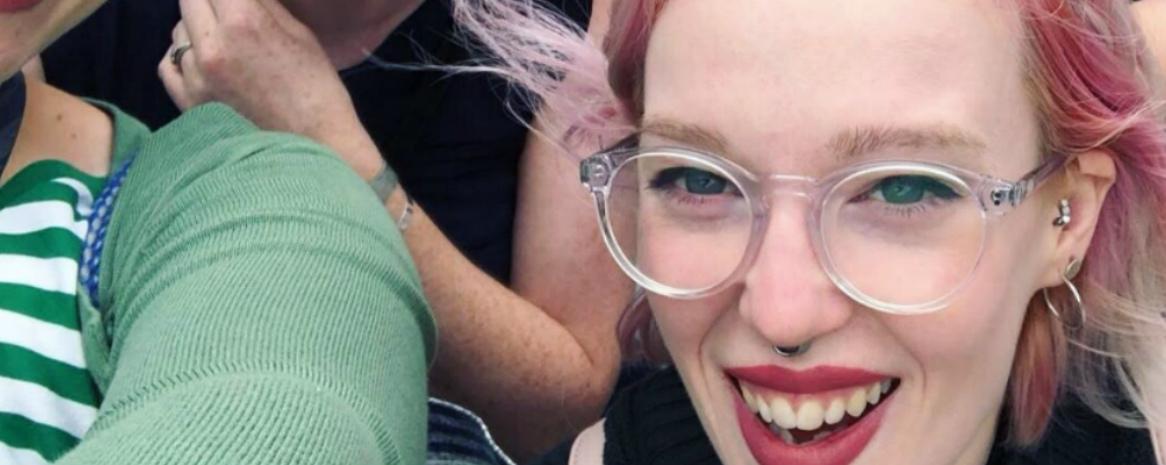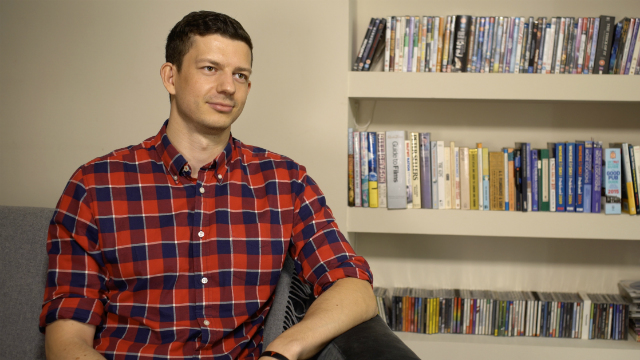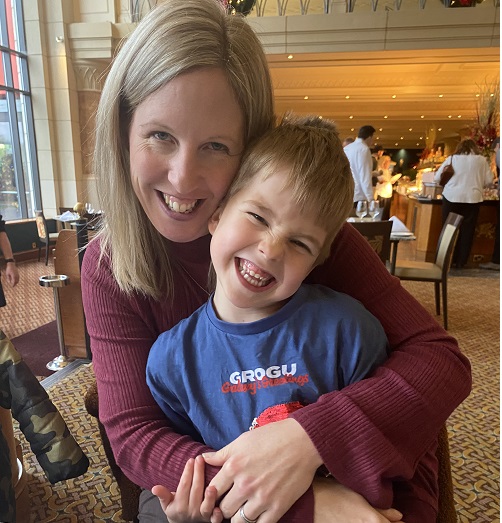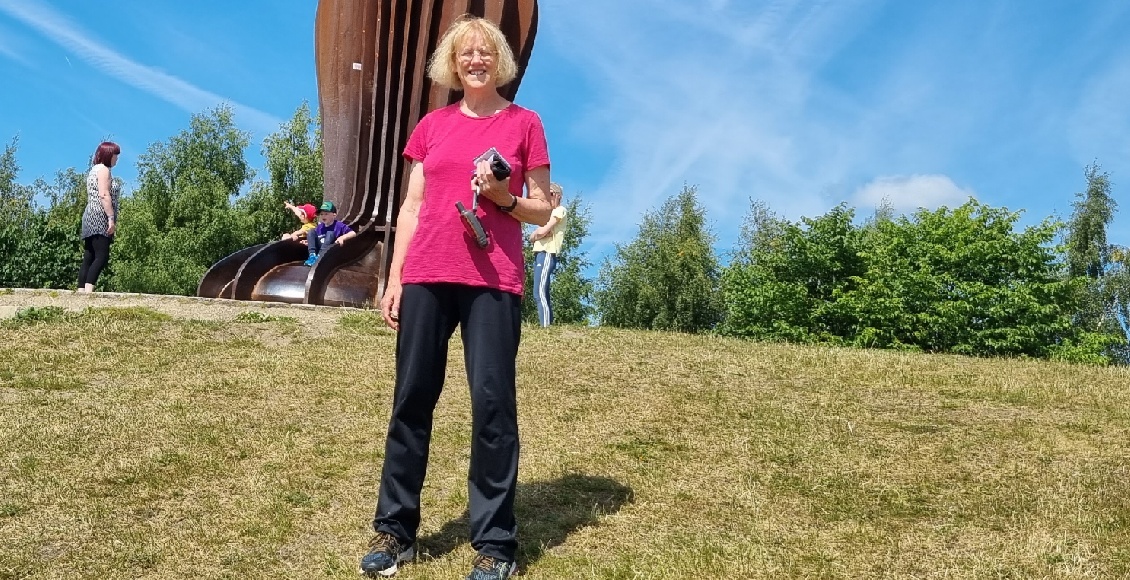
Laura Jane Bell
Diagnosed at 23 in 2015.
People struggling with controlling diabetes need more mental support as it’s easier when your head's in the right place.
Laura Jane lives life to the full. Unaware of any specialist emotional support from her diabetes team and not finding the right support through a work counselling scheme, she turned to us and the wider online diabetes community to deal with her diagnosis.




